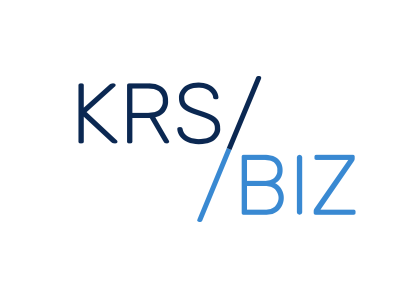
Entrepreneur Award
Entrepreneurs in Kristiansand want to reduce the huge consumption of power in the data center industry.
The need to promote a shift towards a low-carbon economy represents many business opportunities. The Small Business Act highlighted that the EU and Member States should enable SMEs to exploit these opportunities.
There are many good practice examples that build the capacity of green and blue companies, but unfortunately, many of these examples are not replicated in other regions and remain unexploited.
The objective of GRESS is to improve policies for SMEs' competitiveness by strengthening capacities to trigger and support formation of sustainable and competitive start-ups and spin-offs within the green economy.
The partners (NO, EL, PL, IT and BG) apply a policy-learning process in five steps, 1) status on green growth in each region, 2) scan and exchange of experience and identification of good practice for mutual learning, 3) assessment and ranking of relevant practices through peer assessments in RSGs, 4) idea generation on policy intervention with interregional knowledge transfer, and 5) development and monitoring of regional action plans.
Five policy instruments will be improved through governance measures, new projects, and structural change. 26 MEUR in Structural Funds, as well as 7 MEUR of other funds are estimated to be influenced by the project.
The policy improvements are envisaged to improve awareness on the opportunities for SMEs the in green & blue economy, increase the no. of participants at and improve the quality of training programmes for green start-ups, attract more SMEs to participate and succeed in public procurements of green products and services, improve access of SMEs to risk capital outside the local region, make cities and regions more attractive for young entrepreneurs in green sectors, introduce improved incentive schemes for green start-ups, enhance the performance of ecosystems, increase the no. of competitive start-ups and spin-offs within the green economy and improve their chances of survival.
€1,008,218.00
SME competitiveness
The BDP was adopted in 2014 and has an overall vision to make Kristiansand the best city in which to work, live and do business.
The objective of the plan is to enhance the competitiveness of the business community and to foster growth and value creation in the larger region.
The BDP is funded by the budget line for business development in the city, and we assume that some 1.5 MEUR could be realistically influenced by the project. In the context of this project, we address priority 3 on "entrepreneurship and start-ups" with focus on the following measures:
B. Encourage start-ups
• Develop incubators and contribute to an efficient support system for start-ups
• Promote access to venture capital for entrepreneurs in the early phases
• Encourage start-ups with potential for solving societal challenges related to the shift towards a low-carbon economy.
Kristiansand and the surrounding region have natural assets (e.g. surplus of hydropower) and hosts world-leading business clusters within the process and maritime industries. There are also public funds for supporting business development.
Despite these strengths, the number of start-ups within clean-tech sectors has been fairly moderate, and the survival rate of new businesses is not satisfactory. It is thus a need to improve the performance of the BDP on the basis of learning from European partners when it comes to approaches, methods, and tools for encouraging, supporting and sustaining green start-ups.
The ROP through IP 3d aims to modernize and diversify the local economy and traditional value chains and encourage the participation of SMEs in domestic and international networks and value chains.
To this end, blue/green economy potentials have been identified as major agents of change.
The Region of Attiki has identified both Blue Economy and Sustainable Economy of Needs in its ROP and as 2 of the pillars of its RIS3.
Also, the Region has launched an ambitious plan for Piraeus: The Integrated Territorial Investment (ITI), an 80.4 MEUR program (6.8 MEUR for IP 3.d) funded by and is an inherent part of the ROP. The ITI promotes Piraeus as a “green”, “blue”, “smart” and “sustainable” city, and addresses both pillars in several ways.
As Maritime Capital of Greece, most of the regional funds for Blue Economy (through ROP and/or ITI) will be allocated to the Municipality.
The Region and Piraeus need to specify the ROP in terms of making relevant measures more targeted towards green & blue start-ups. Up to now, this has been achieved by taking advantage of their own success stories such as BlueGrowth Initiative & prize (a URBACT best practice of Piraeus to support start-ups relating to the blue economy and environment).
As local expertise is limited, the project will enable both entities to enrich their understanding and exploit potentials for stimulating start-ups in the green & blue economy as a way of further specifying their respective ERDF-funded initiatives.
The objective of the Regional Operational Programme (OP) is to increase the competitiveness of the region, and thus improve the living conditions of its inhabitants.
OP, Priority Axis I Economy, Innovations and New Technologies supports the establishment and development of new enterprises. EUR 340 million has been allocated for the development of the business sector. One of the direct ways of supporting entrepreneurship, self-employment and creation of new jobs is to finance various consulting and training initiatives addressed to people willing to pursue such challenges.
Information and publicity campaigns are conducted to promote the idea that it is never too late to commence business activity – you only need a good idea and determination.
Its main goal is to raise the level of innovation and competitiveness of the region’s economy. The OP does not take into account the significant role and potential of the green economy in the development of the region. That is why the OP should be changed and the economic policy of the region should be directed at the transfer of development achievements related to the promotion of start-ups and growth in the green sector, to the whole economic system and entities functioning in other sectors.
WZP coordinates and activates the entrepreneurship of the region’s residents and external entities operating on its territory. To do this in an efficient way, WZP must constantly improve its competences and policy instruments.
The Metropolitan Strategic plan is the main policy instrument of the Metropolitan City. The plan identifies 7 strategic lines of intervention. The first addresses the need to build the identity of Bologna Metropole as sustainable, responsible and attractive. The Ob. 1.2 in particular aims to make Bologna an attractive city for young talent and new citizens.
The competitiveness of the territories is played not only on economic and infrastructural factors but also on social capital that is able to produce cultural and educational opportunities, innovative context, services and hubs of knowledge. The presence of many research centers of excellence, expertise and technological knowledge, of public and private capital, is a key factor capable of making Bologna inconvenient position.
Moreover, the PSM addresses the promotion of entrepreneurship and innovation, the need to foster the circular economy and green jobs (Ob.4). This is strictly related to the Emilia-Romagna RIS3 and is aimed at fostering new production concepts and business models to add value and strengthen the development of highly innovative areas with high potential for growth. The overall aim is to make Bologna a "Start-Up Valley".
Operational Programme "Innovation and Competitiveness" 2014-2020 (OPIC) main target is SMEs. OPIC is closely related to the Investment for growth and jobs goal and Bulgaria‘s contribution to the "Europe 2020" targets. The main objectives of the program are to address the needs, overcome the challenges, and seize the opportunities for the development of the Bulgarian economy by supporting smart and sustainable growth.
The Programme also aims at achieving a complementary effect in terms of inclusive growth. The current project is targeting specifically one out of the five priority axes of the program: “Entrepreneurship and SME growth capacity” and thematic priority TO3 Enhancing the competitiveness of SMEs -with designated 45.47% out of the total budget of the program amounting to EUR 1 358 857 870.
OPIC has limited contribution to the support of green start-ups and start-ups that predominantly target the development of sustainable business models, as the topic is relatively novel for Bulgaria. An overarching and functioning framework for attracting, evaluating and supporting viable green business solutions is therefore lacking. Additionally, different stakeholders have expressed the need to improve the lengthy and unwieldy procedures not only for project evaluation but procedures for project development as a whole.

Entrepreneurs in Kristiansand want to reduce the huge consumption of power in the data center industry.

GRESS - Final Conference & Stakeholder Dialogue
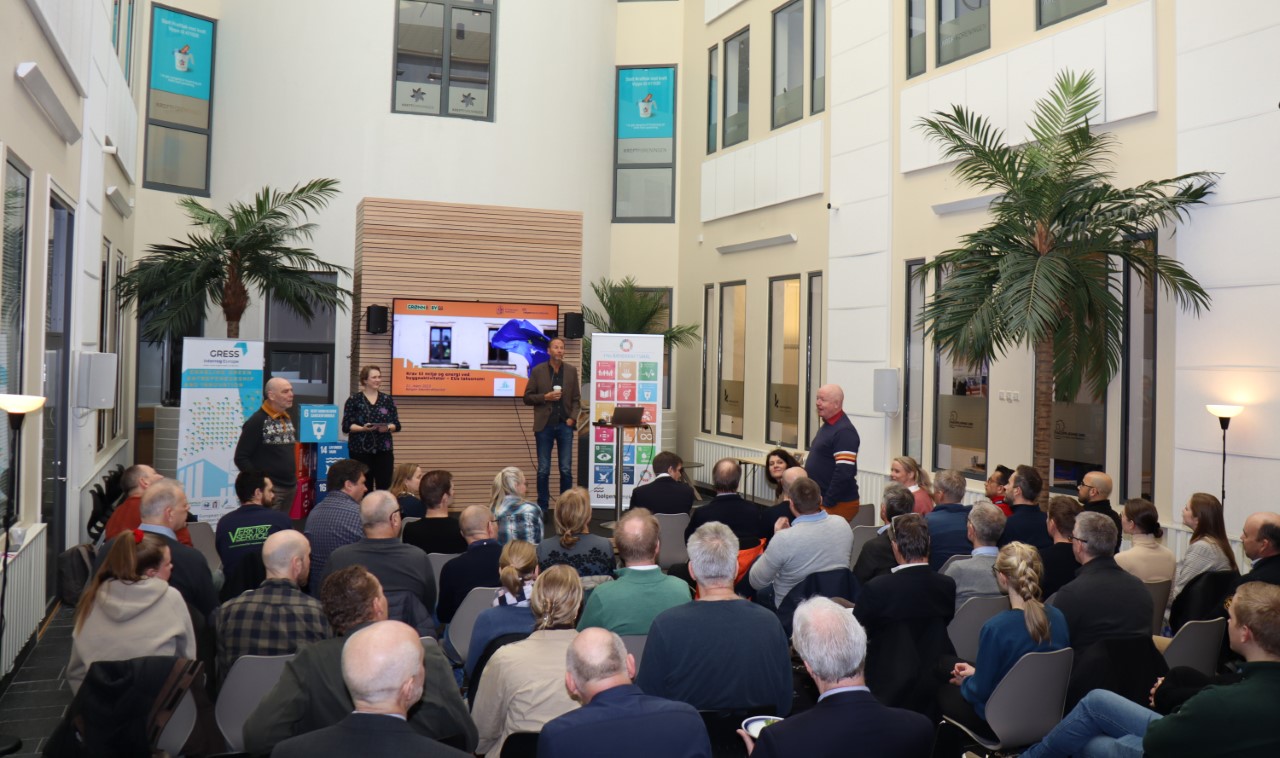
Meeting on the new European, national and local energy and environment guidelines and requirements

Green company wins 3rd Economic Competition of Marshal Olgierd Geblewicz "Your business under the flag of success."
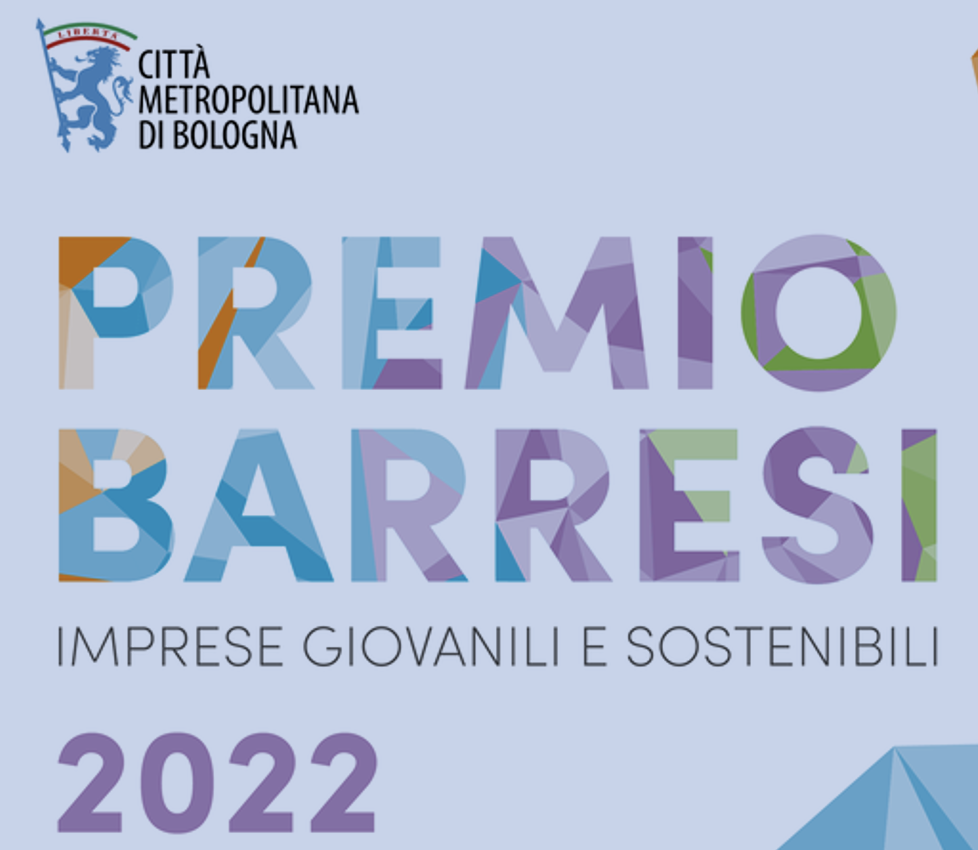
Barresi Award 2022
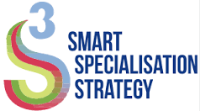
The Bulgarian Smart Specialization Strategy is approved and unlocks significant funding for SME competitiveness and twin transition

Final Conference & Stakeholder Dialog
09.-10. of May 2023, Bologna
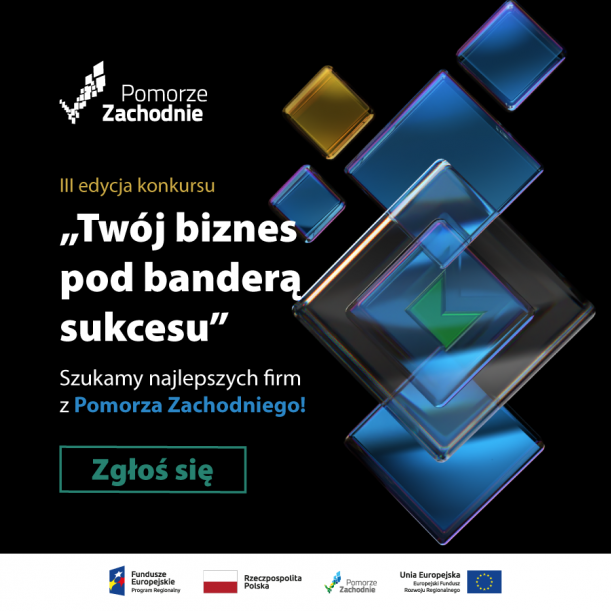
Green Business Success Stories
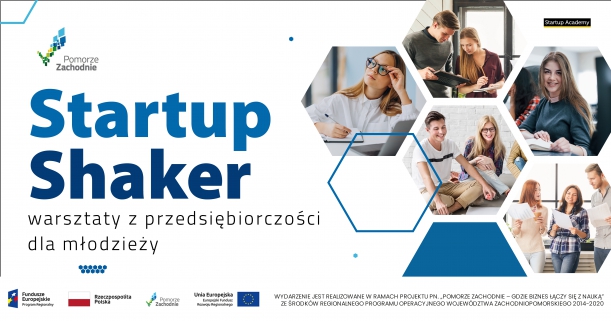
Building a green business

Norsjór won the business competition in 2022